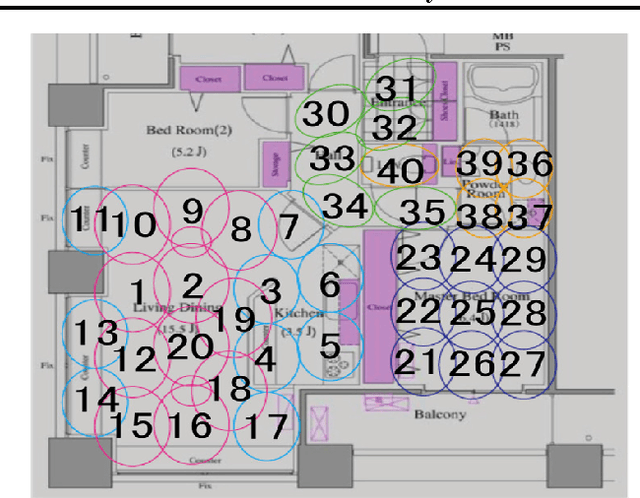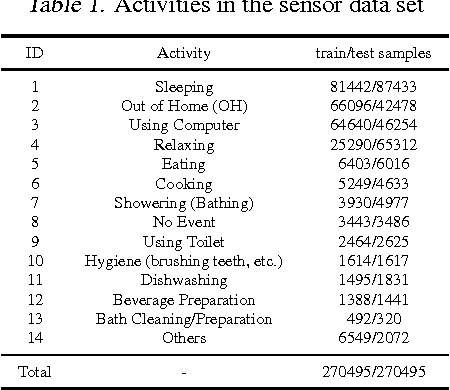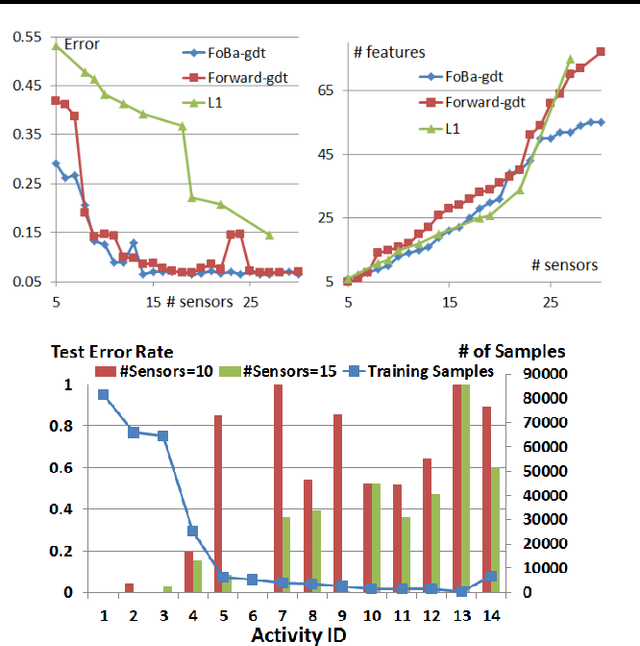Forward-Backward Greedy Algorithms for General Convex Smooth Functions over A Cardinality Constraint
Paper and Code
Jan 07, 2014



We consider forward-backward greedy algorithms for solving sparse feature selection problems with general convex smooth functions. A state-of-the-art greedy method, the Forward-Backward greedy algorithm (FoBa-obj) requires to solve a large number of optimization problems, thus it is not scalable for large-size problems. The FoBa-gdt algorithm, which uses the gradient information for feature selection at each forward iteration, significantly improves the efficiency of FoBa-obj. In this paper, we systematically analyze the theoretical properties of both forward-backward greedy algorithms. Our main contributions are: 1) We derive better theoretical bounds than existing analyses regarding FoBa-obj for general smooth convex functions; 2) We show that FoBa-gdt achieves the same theoretical performance as FoBa-obj under the same condition: restricted strong convexity condition. Our new bounds are consistent with the bounds of a special case (least squares) and fills a previously existing theoretical gap for general convex smooth functions; 3) We show that the restricted strong convexity condition is satisfied if the number of independent samples is more than $\bar{k}\log d$ where $\bar{k}$ is the sparsity number and $d$ is the dimension of the variable; 4) We apply FoBa-gdt (with the conditional random field objective) to the sensor selection problem for human indoor activity recognition and our results show that FoBa-gdt outperforms other methods (including the ones based on forward greedy selection and L1-regularization).
 Add to Chrome
Add to Chrome Add to Firefox
Add to Firefox Add to Edge
Add to Edge